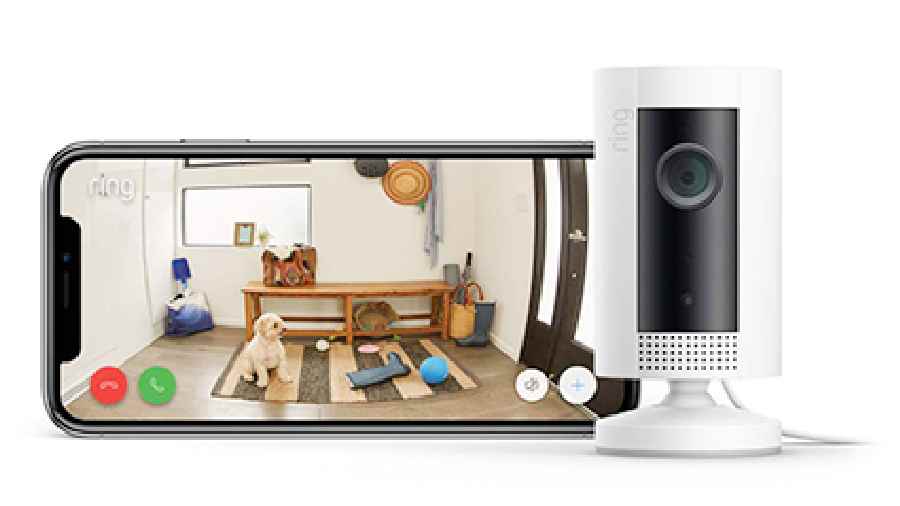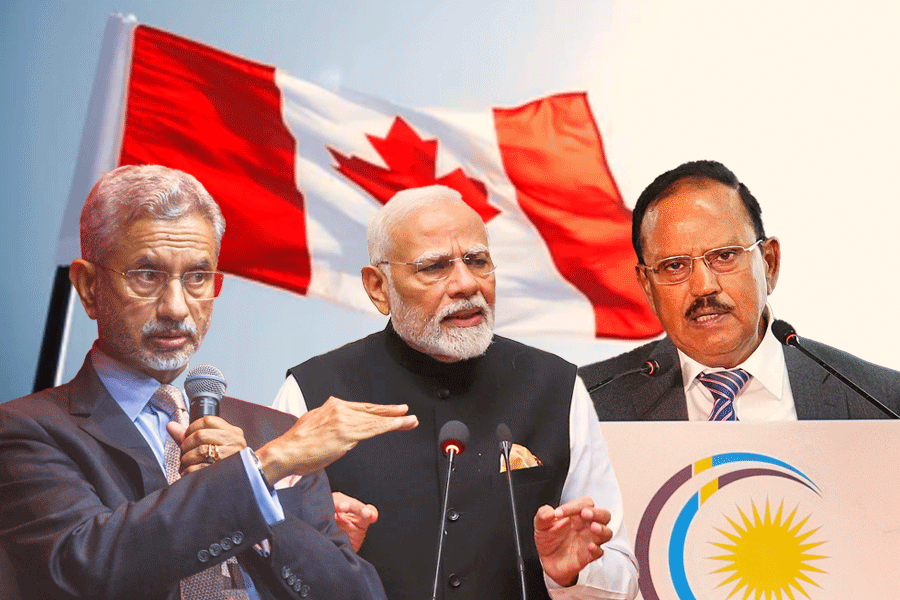I have always been fascinated by webcams that watch for anything that moves. When I lived in San Francisco, US, my camera witnessed all flavours of urban crime, from amateur fireworks shows to street fights. After I moved to the suburbs, my camera became a nature documentarian of the local fauna, like the deer that devour my rosebushes the instant they bloom.
Only recently did I force myself to weigh the potential privacy costs of this seemingly innocuous surveillance gadget against the benefits I was gaining — and I decided to unplug my camera.
That’s because San Francisco is about to embark on a citywide surveillance experiment that privacy experts warn could set a dangerous precedent. It signifies an important moment in which anyone who owns a security camera, including popular devices like Amazon’s Ring and Google’s Nest Cam, should pause to reflect on some critical questions: what are we actually getting from these cameras? What are we giving away? Are the tradeoffs worth it?
Recently, San Francisco put into effect its new camera ordinance, which is aimed at helping police investigate crimes. It gives police the right to request access to the live footage of privately owned Internet cameras. In the past, police could request recorded footage from the owners of Internet cameras, or they could ask tech companies for the data.
After many interviews with privacy experts, academics, tech companies and the legislation’s authors, I’ve concluded that the ordinance’s near-term impact on consumer privacy will be minimal because of limits in the technology. But the implications of the increasingly tight-knit relationship between tech corporations and government agencies should make us seriously assess how we use our cameras.
Proponents of the camera policy say the goal is to make the public safer. Officials cite examples like the city’s Western Addition district, where shootings were rampant in the 1990s but dropped after the installation of city-owned cameras in the mid-2000s. Opponents like the Electronic Frontier Foundation say cameras do little to reduce crime.
Matt Guariglia, an analyst at the foundation, said San Francisco’s ordinance posed threats to consumer privacy. Although the legislation requires police to get permission from camera owners before viewing footage, police have been able to obtain Ring recordings directly from Amazon.
A Ring spokeswoman confirmed the company provided camera data to law enforcement when required by court orders, and that it had provided footage to police in extreme cases without a court order.
The San Francisco ordinance may not have an immediate effect on many people’s cameras; the most popular devices like Ring and Nest Cam lack a software feature enabling a police officer to tap into a camera to view its live footage.
But privacy experts warned against being complacent. Now that there is legislative language allowing police to request live access to camera technology, the concern is that police will put pressure on tech companies to cooperate.
“If the San Francisco Police Department came to Amazon tomorrow and said would you mind creating a ‘share live feed’ feature, it would not surprise me in the least if Amazon complied,” Guariglia said.
So where does that leave us, the camera owners?
Some of the most comprehensive research on camera surveillance found that the presence of cameras led to a small reduction in crime. The study, led by a team of researchers at City University of New York, Northeastern University and Cambridge University, was a 40-year systemic review of the effects of closed-circuit television networks on crime trends in countries like Britain and South Korea. Overall, crime decreased 13 per cent in areas with CCTV.
Cameras, according to the study, were effective as a deterrent for crimes such as car burglaries and property theft, but they had no significant effect on violent crimes.
Alana Saulnier, a professor of sociology and a criminologist at Queen’s University in Kingston, Canada, said, “A camera probably isn’t going to be a deterrent to someone who is not going to be thinking rationally, if they were willing to be going through that kind of violence in the first place.”
If you’re worried that police might gain access to your camera without your permission, there are ways to navigate those concerns, like using an offline camera that records to a physical storage drive or a picture card in your home, said Chris Gilliard, a community college professor who has been an outspoken critic of surveillance technologies.
“There’s a stark difference between putting yourself and your community in the Amazon web, and having cameras where you fully control the footage,” he said.
NYTNS










